Jasmine Birtles
Your money-making expert. Financial journalist, TV and radio personality.

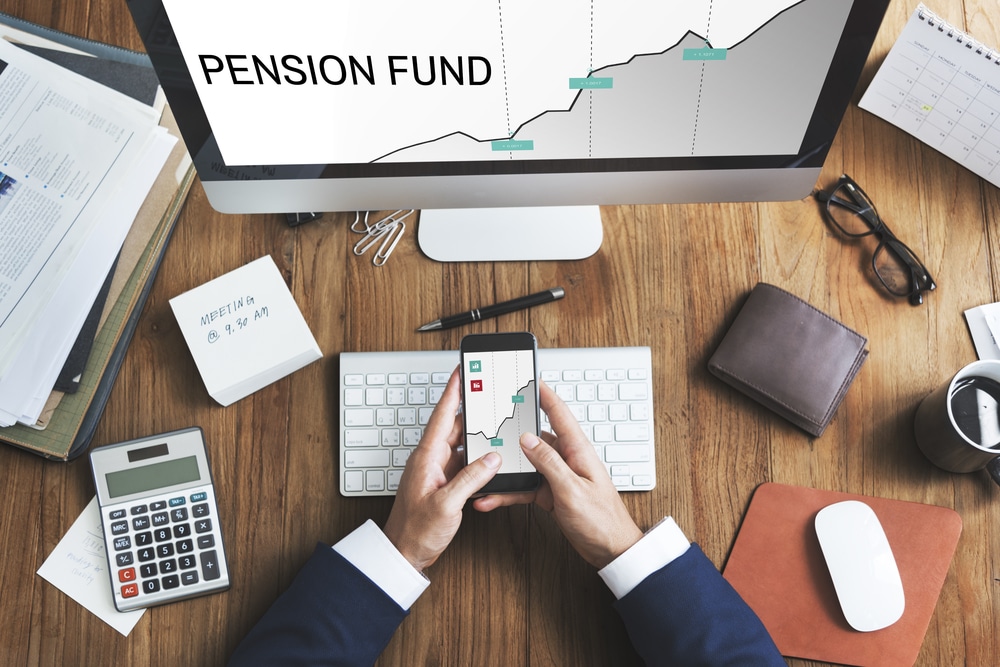
How can you make sure your loved ones inherit your pension fund when you die? You’ve spent years saving and making sure that your pension is growing – it’s only natural that you will want to ensure that it goes to the right people.
Here at MoneyMagpie we’ve put together a short guide on what could happen to your pension when you die.
There are a few different things to consider such as what could happen in the event of your death before retirement; and what might happen if you die after you retire. The rules also depend on the type of pension you’ve got: personal, company or state.
Remember, if you are in any doubt, talk to your pension provider or a pension management expert as they will be able to guide you and help you understand your personal circumstances better.
If you’re aged 50 or over, you can also get free help and advice about your pension at Pensionwise, a service from MoneyHelper.

One of the very first things you should do is check whether or not you have an Expression of Wish form logged with your pension provider. An Expression of Wish form tells your pension provider who your beneficiaries are, in other words who you want your pension to benefit when you die.
If you don’t already have one, it’s really important to put it in place. Talk to your pension provider or scheme administrator about this and they will be able to advise you. Once you have one in place, it’s essential to keep it up to date to ensure that your pension goes to the right person or people and that their contact details are up to date.
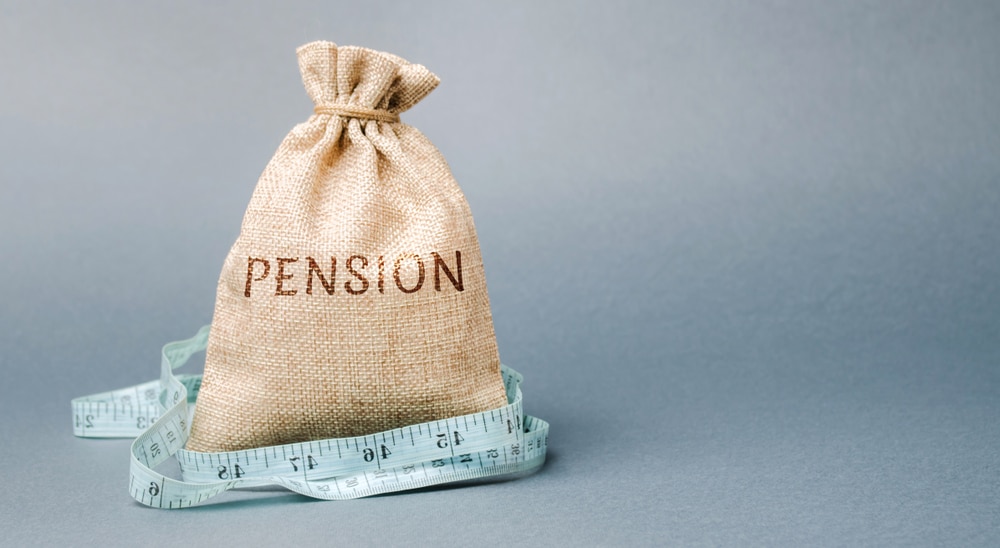
If you were to die before you retire, usually the entire value of your company or personal pension fund can be paid to your beneficiaries free of tax. This is because most pension plans are automatically written ‘in trust’. This means that your pension fund is kept separate from your estate for Inheritance Tax purposes.
Defined contribution (DC) pensions are a type of company pension and are sometimes known as money purchase schemes.
If you die before you start taking this type of pension, the accumulated value of your DC pension pot could be passed on to your beneficiaries as a lump sum. If you are under the age of 75 when you die, this sum is normally tax-free. Your scheme administrator or HR department will be able to tell you how much your beneficiaries would receive.
If you die in retirement with a defined contribution pension, what happens to it will depend on whether you’ve started drawing pension benefits and how old you are when you die – there may be tax liabilities to consider. Your pension provider or a financial advisor will be able to advise you here. It really is worth having a conversation with an expert as the rules can be complicated and you don’t want to leave a nasty surprise for your loved ones.
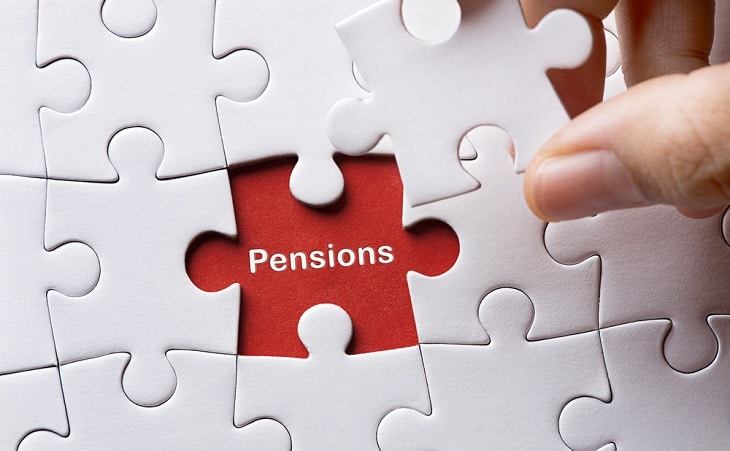
Defined benefit pensions are another type of company pension and are probably better known as final salary pension schemes. These pensions give you a set amount when you retire, depending on your salary and your length of service in the company.
If you have one of these pensions, again, it really is worth taking the time to talk to your scheme provider or HR department about what would happen if you die before you retire. There are a few different outcomes and it’s better to know in advance what the situation would be.
With defined benefit pensions, whether or not a person was already retired when they passed away is what impacts what loved ones will receive. A defined benefit pension will usually continue paying a reduced pension to a spouse, civil partner, or other dependents if previously requested by you.
If you die before you reach State Pension age, then sadly there are no pension or death benefits available to your inheritors.
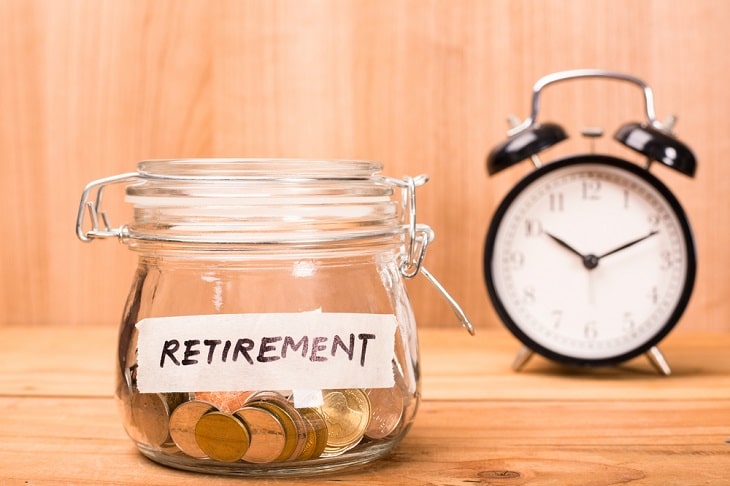
An annuity is a regular payment that you can buy with a portion or all of your pension. It used to be that you had to turn 75% of your pension pot into an annuity. Now there is no obligation to do this but many people prefer to do so as it is a guaranteed income that you get every year until you die.
If you do have an annuity, you can make arrangements before you take it out to make sure that any remaining funds go to a nominated beneficiary in case of your death. It’s important to bear in mind however that if you have an annuity that can be passed on to someone else, you will get a slightly lower amount while you are alive.
Types of Annuity:
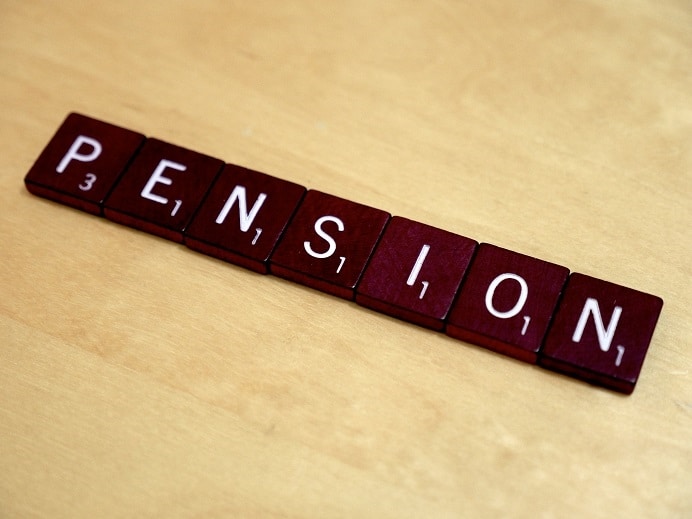
An executor will need to get in touch with the deceased’s pension provider or scheme administrator for every pension they have to inform them of the death and to find out what happens next. It’s important to do this as soon as possible.
There will probably be forms to fill out and they will want to see a copy of the death certificate. If the deceased was still in employment when they died, their employer may have contacted the scheme already, but it’s always best to check and make sure.
When it comes to the State Pension, the Pension Service (0800 731 0469) will also need to be told – ask for the Bereavement Service. You need to be aware that you may have to give some money back if a payment has been made to the deceased person after they died and before you managed to let the department know.
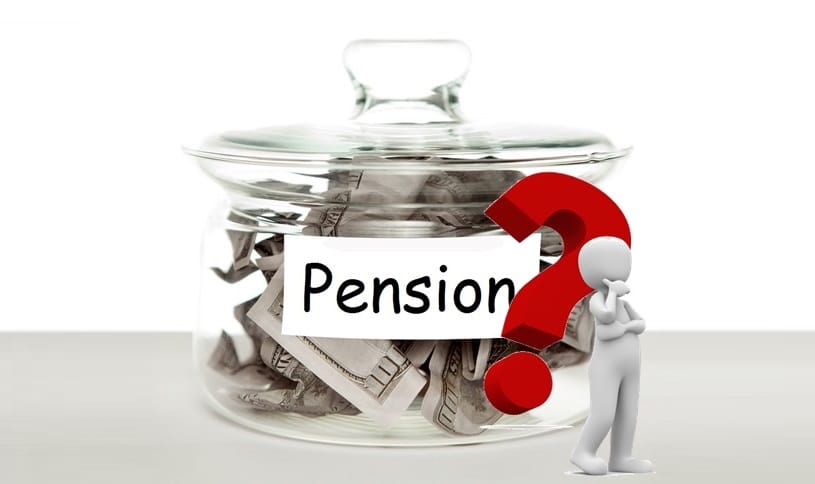
If you know the deceased had a pension but you can’t find the documents yourself, get in touch with the Pensions Tracing Service – they can help to find any pensions that have somehow gone astray.
There is a lot of really useful information about pensions on our website.
It’s also a really good idea to speak to a financial advisor about your pension when you’re making your will and managing your estate – this can ensure you will be looking after your loved ones and that your money will go to the right people.
You can get a free session with a recommended advisor through VouchedFor.co.uk
